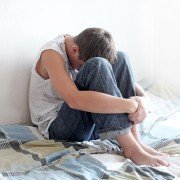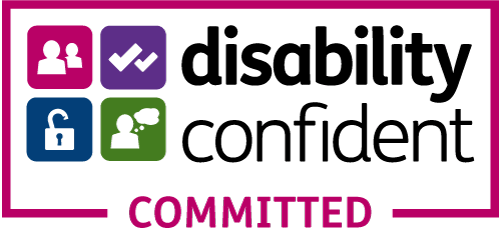Reducing The Stigma Around Mental Health Issues In Children and Young Adults
The government is launching a campaign to reduce the stigma around mental health issues in children and young people.
But what about right here, right now?
We welcome the campaign with open arms and will be doing our best to raise awareness of the Youth Mental Health Hub website (YMHH?) Considering the audience, we were expecting something with a slightly ‘snappier’ title?
Many of us know of and understand the challenges our youth are facing and the often devastating effects these can have on their mental wellbeing. So, we are somewhat surprised that we have to wait until 2018 for the government to complete the research of nearly 10,000 people aged from two to 19 and their families who will be interviewed to assess the prevalence of mental health issues, providing the first commissioned survey of young people’s mental health since 2004.
In the mean time, what support in addition to ‘YMHH’ is there? The charity Young Minds offers a wealth of information, all of which is useful and importantly, meaningful in its purpose and delivery. Their services feel fresh and to the point, with snappy, punchy titles too! We particularly like the title “HeadMeds” – that’s just so “on point”!
There are pockets of good practice, services and support up and down the country but with too few joined up practices, how can this be raised to support the three children in every classroom experience mental health problems ranging from self-harming to eating disorders, according to The Time to Change charity?
Personal Health Social and Economic (PSHE) education, has in various forms been part of the National Curriculum for schools in UK since 2000 but not is seems, has this been compulsory. Perhaps now is the time. Not only should we be making this compulsory, schools should have the opportunity to work with agencies to provide a range of topics within PSHE and importantly, these topics should be determined by our students.
The more we engage and genuinely consult, the more we have a greater chance of changing the educational landscape to reflect the needs of our students, not just academically but in a way that will provide them with the life skills they might need to keep them well; emotionally, physically, spiritually, socially, professional and mentally.
PSHE is vital but we need to adapt to the changing needs of our youth. Perhaps then, as a thought, PSHE ought to stand for… Peer Support for Health and Emotions?



Leave a Reply
Want to join the discussion?Feel free to contribute!